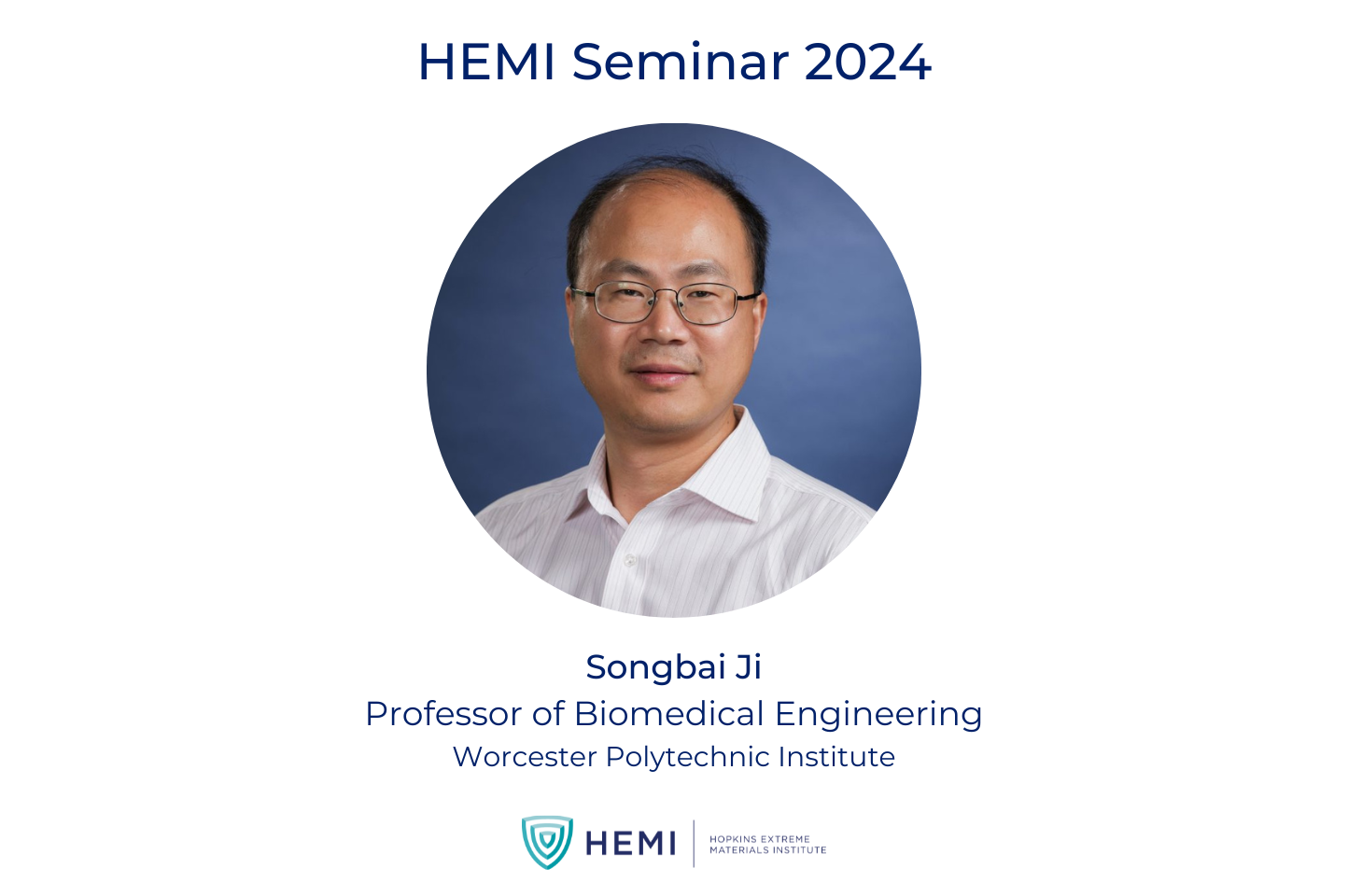April 24, 2024 @ 11:00 am - 12:00 pm
Event Navigation

Please join us for a seminar with Songbai Ji, a professor of biomedical engineering at Worcester Polytechnic Institute (WPI). The seminar is titled “Sex-specific, multiscale and large-scale modeling of traumatic brain injury.”
The seminar will begin at 11:00 AM on Wednesday, April 24 in Malone Hall G33.
Abstract: Computational models of the brain play a pivotal role in studying the mechanisms of traumatic brain injury and designing mitigation strategies. In this talk, I will share thoughts about how to extend state-of-the-art by combining a global brain injury model with axonal injury models at the microscale through a multiscale modeling approach. The axonal injury models will incorporate significant sex differences in morphology, which are related to the observed sex differences in concussion based on initial findings. Finally, advanced deep learning techniques will be used to dramatically reduce the simulation cost form hours to under a second. This will enable large-scale modeling of head impacts to conduct population-based injury studies, as opposed to being limited to a single head impact for a specific individual. With wearable head impact sensors more widely adopted, these tools could pave the way for improved onsite injury detection during practices and games for contact sports players and other practical applications, such as better design of protective headgears.
Bio: Dr. Songbai Ji is a Professor of Biomedical Engineering at the Worcester Polytechnic Institute (WPI), Massachusetts, a Sigma Xi Outstanding Senior Researcher. He has more than 20 years’ experience in impact biomechanics of the brain with more than 100 referred journal papers and numerous conference proceeding papers published. His work in this area is best known for the Worcester Head Injury Model (WHIM), which has been continuously funded by the NIH, NSF, and industry for its development. He serves as an associate editor for a number of journals, including Journal of Biomechanical Engineering, Frontier, etc.. Recently, he co-led an international committee for a consensus white paper on “best practices” of brain impact modeling for sports-related concussion (Ji et al., ABME 2022).




